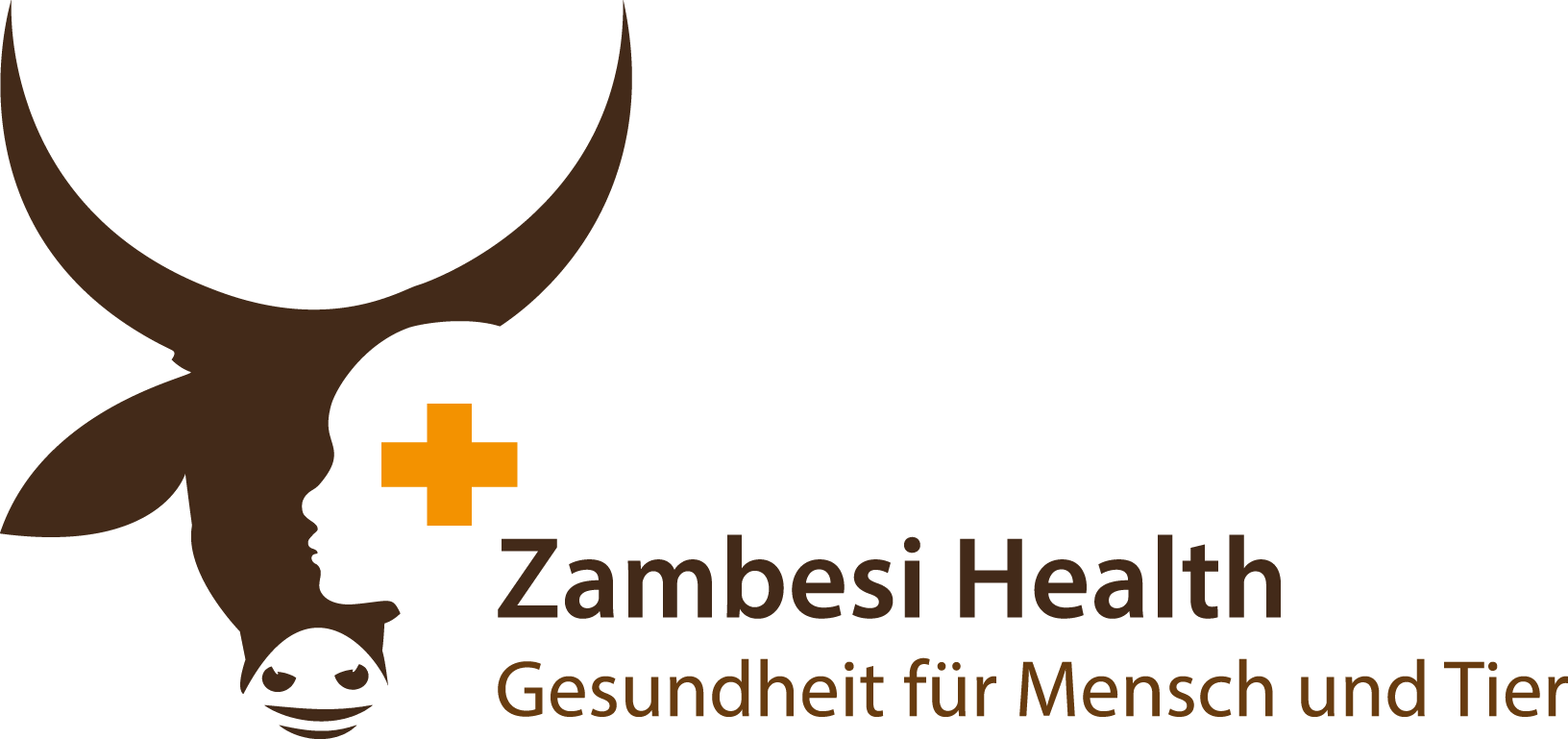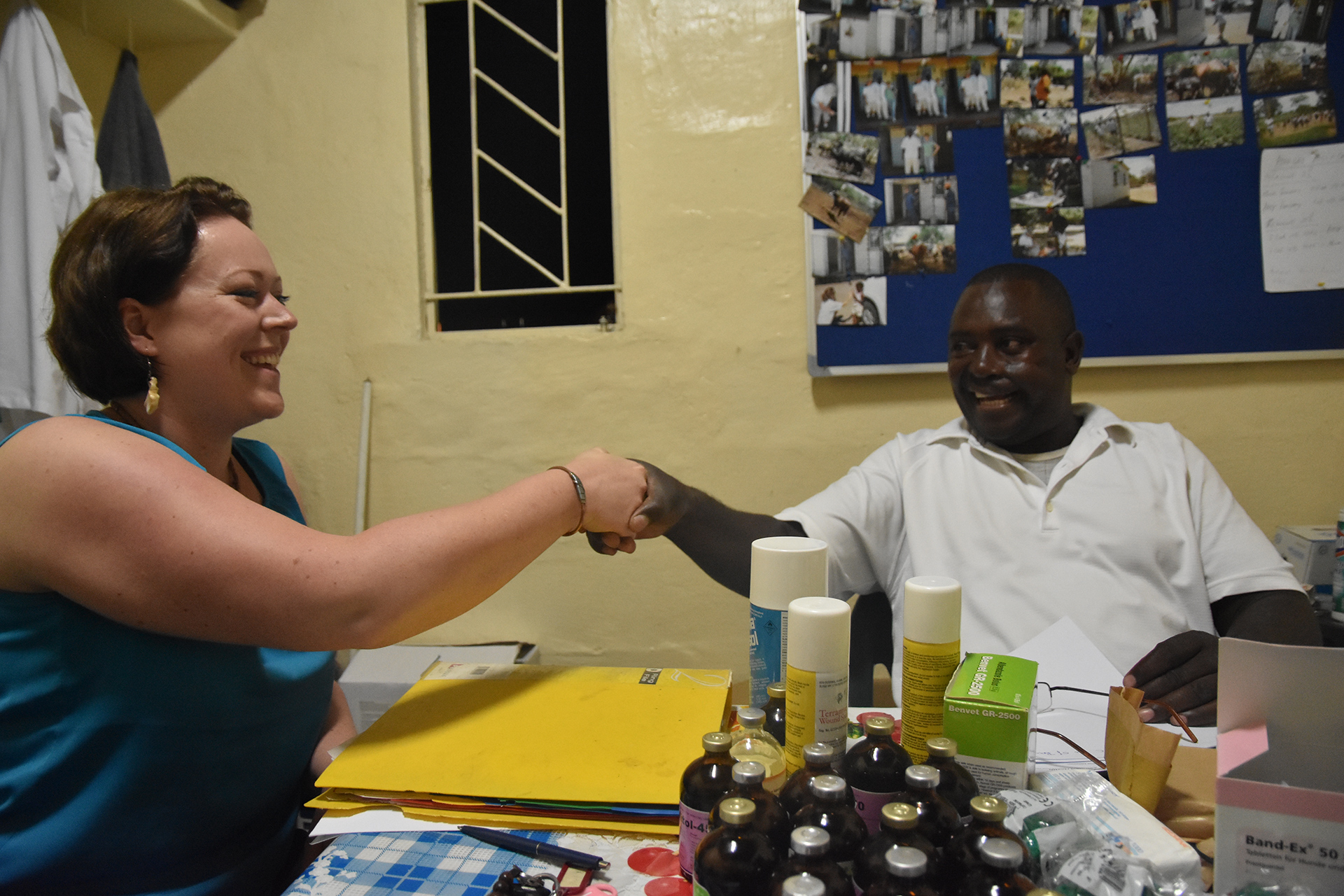After flying via Amsterdam and Nairobi, the rented pick-up was parked in front of the airport building in Livingstone on Tuesday morning, November 19. Supplied with food and drink, the Chairwoman of Zambesi Health and the Finance Board set off for Kazungula. Around midday, the situation at the milk collection point is inspected before the preliminary discussion for the upcoming board meeting begins. On Wednesday we sit together with the representatives of the cooperative for the morning and make various agreements with the aim of encouraging the dairy farmers to take even more care with animal husbandry and milking and to find a better trained driver for the tricycle. A joint decision is made to certify farmers in future, provided they meet the defined requirements. The cooperative will then only accept milk from these farmers. Unannounced inspections are intended to help ensure that the agreed standards are maintained. A new hygiene training course is held just a few days later.


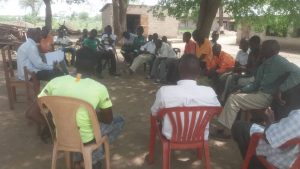
After the collection of milk from Mambowa, around 10 km away, by tricycle got off to a good start in the second quarter, the milk had to be transported by cab in the following quarter because the tricycle broke down with engine damage. After consulting with the competent mechanic, who had already removed and dismantled the engine, we were able to purchase a replacement cylinder in a tiny hidden store in Livingstone. The mechanic he took with him managed to repair the engine overnight so that the vehicle was ready for use again on Friday morning. Nevertheless, plan B was required and we decided to get a replacement engine available in Tanzania.


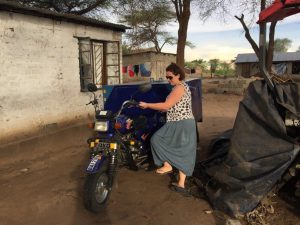
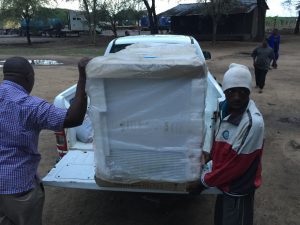
We can use the pick-up to load up the new freezer for the cooperative and take it with us. One of the smaller ones is to be installed in Mambowa for intercooling the milk.
Due to the daily power cuts lasting several hours, we obtain information on the required performance data and prices of emergency power generators and their integration into existing power grids. It would be more sustainable to generate the energy required for pasteurization using a PV system. That is sustainable. We have been working intensively on the dimensioning of a photovoltaic system since our return to Berlin. If possible, the project is to be financed by third-party funds.
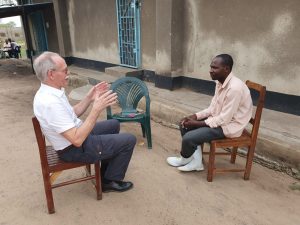
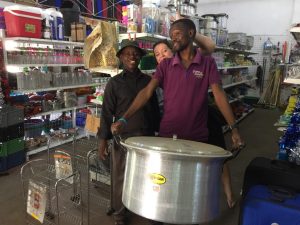
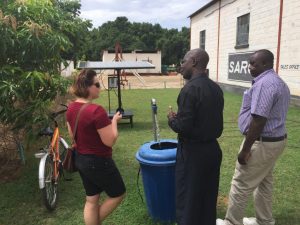
The new Hygiene Officer lacks a large container to process the sudden increase in milk volumes after the start of the rainy season. Just a few hours before departure, we manage to find a large aluminum pot in Livingstone.
